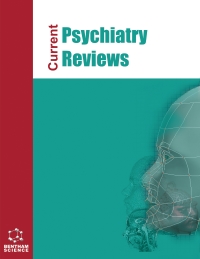-
s Social Class and Schizophrenia: A Review of Early and Recent Findings in the United States
- Source: Current Psychiatry Reviews, Volume 14, Issue 3, Sep 2018, p. 187 - 194
-
- 01 Sep 2018
Abstract
Background: This study aims to review the connection between socioeconomic status and schizophrenia and the many ways by which social class of origin contributes to the epidemiology of schizophrenia. For almost a century, numerous studies have reported that the prevalence of schizophrenia varies by social class. A clear majority of these reports uncovered a significantly higher prevalence in the lower class. However, the specific risk factors underlying the connection have not been fully explored. Method: One goal of this review is to report the risk factors that have been identified. The second goal is to examine more recent studies about underresearched factors that may also contribute to high risk among the poor. These include prenatal illness, obstetrical complications, family history of the psychosis, stressful life events and early onset. My research team used a unique combination of variables which highlighted symptoms of schizophrenia and social class of origin. Results: We consistently found that the combination of lower social class of origin and the risk factors above exacerbate the likelihood of an especially unfavorable outcome. Conclusion: The central finding of this review is that being born into poverty not only elevates risk for schizophrenia in general but also for patients to have negative symptomatology.


